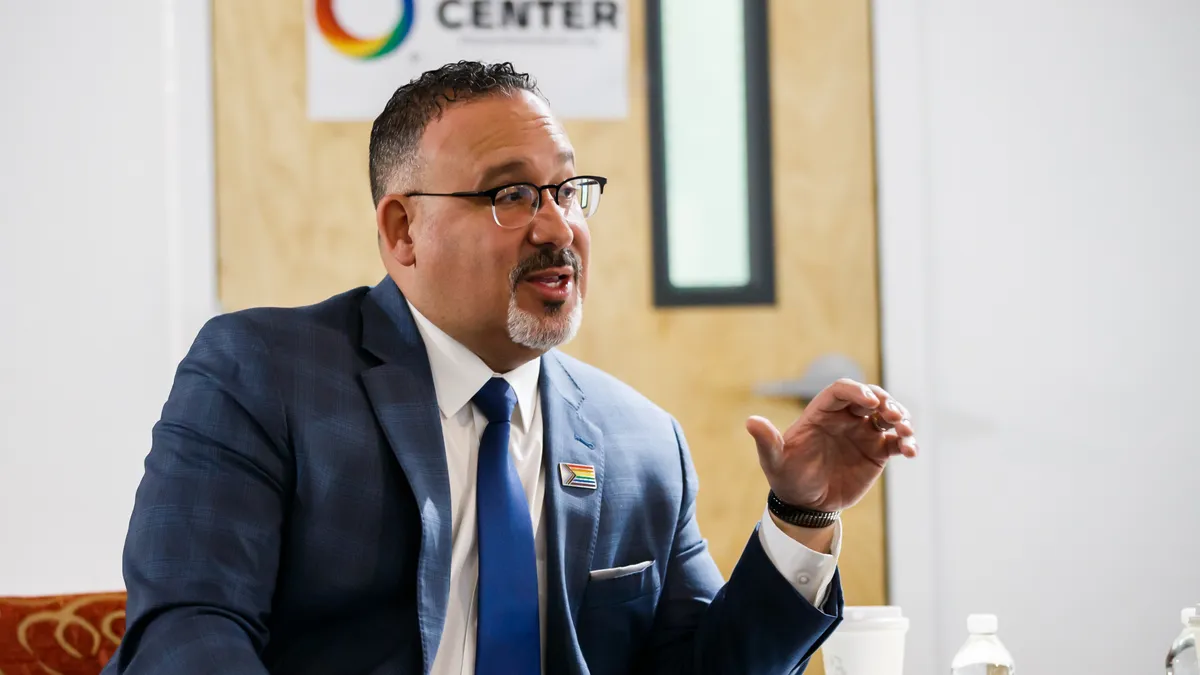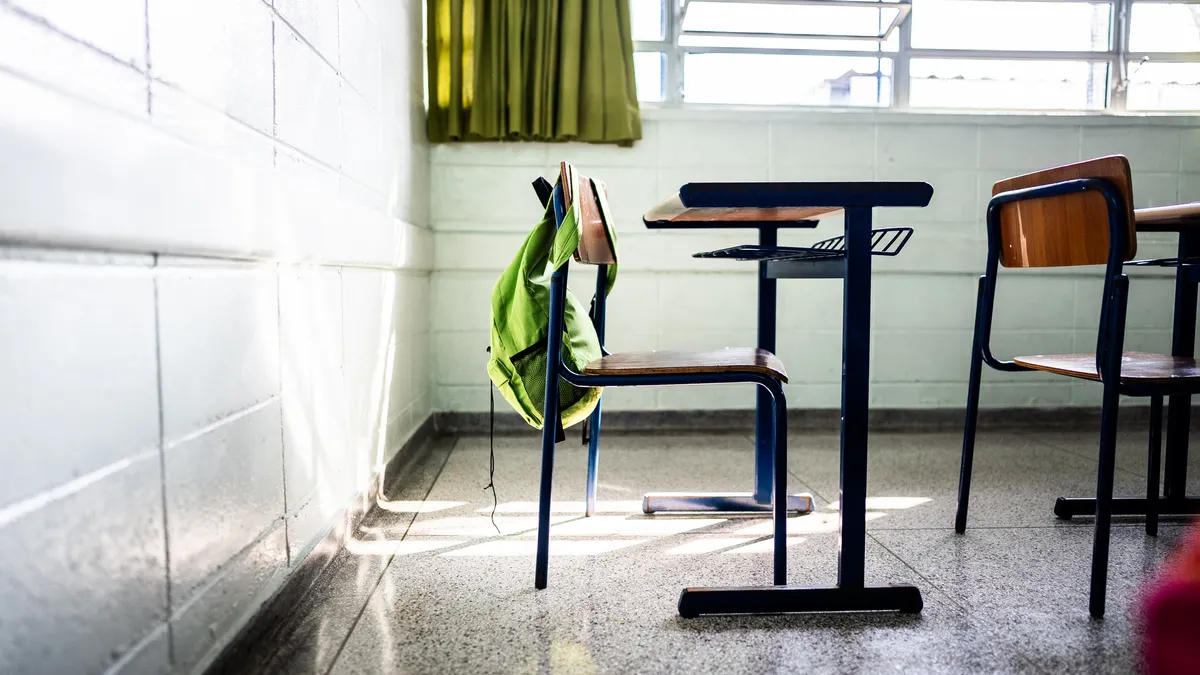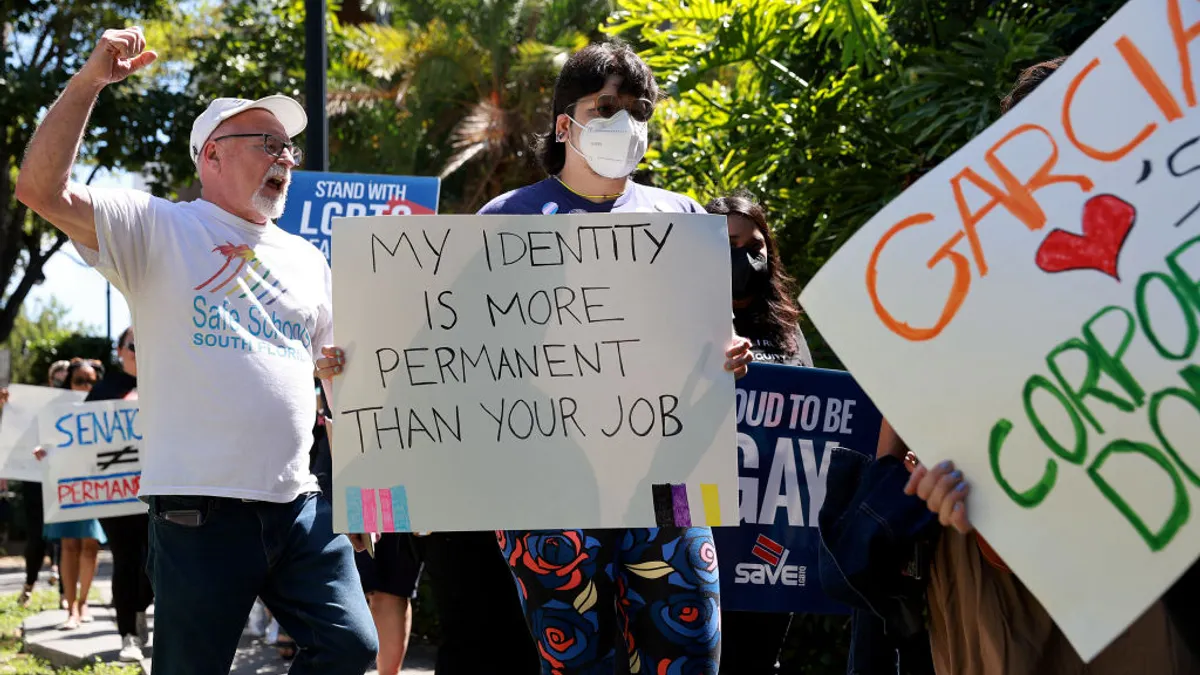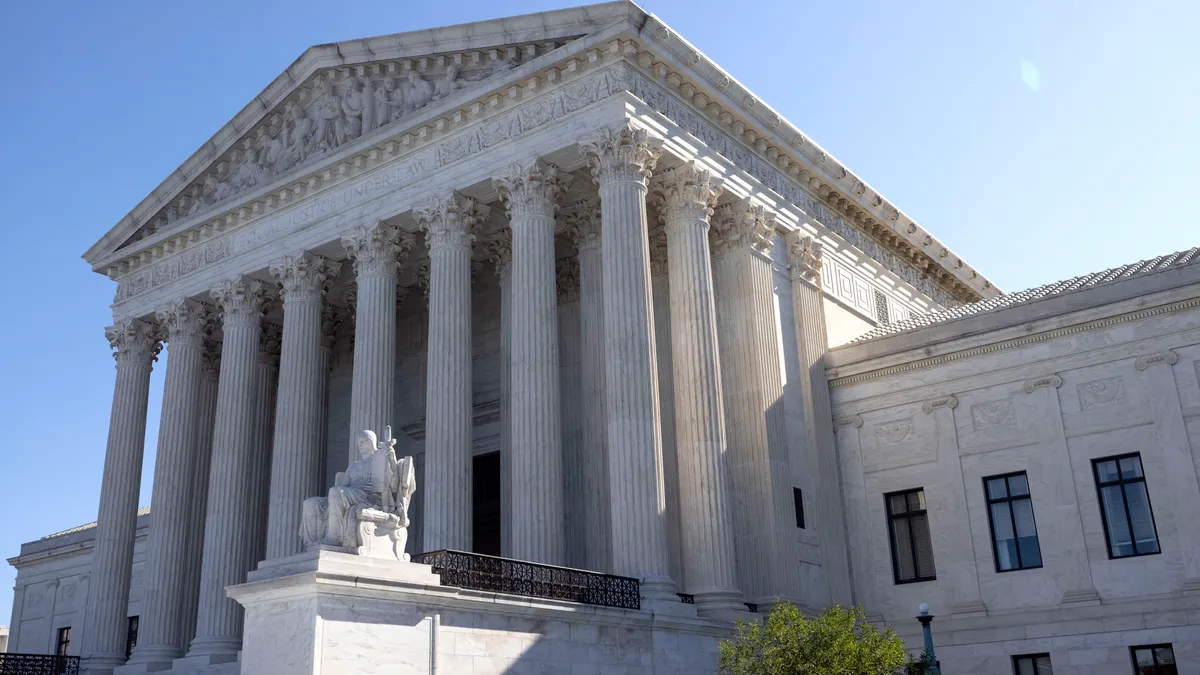The Biden administration's Title IX proposals are one step closer to becoming regulations after a two-month comment period that began in July ended last week. The proposals would protect LGBTQ students and pregnant or lactating people from discrimination and change how sexual assault and harassment in public schools is reported, investigated and punished.
The controversial regulations garnered over 210,500 comments from lawmakers, advocacy groups, professional educator associations and individuals that the U.S. Department of Education will now parse through. The exact number is disputed, with different government website counts ranging from 210,594 to 240,085 comments.
Despite the volume of comments, it's unlikely the Office for Civil Rights will be slowed in its efforts to issue the final rule, said Brett Sokolow, president of the Association of Title IX Administrators, or ATIXA, the primary group of Title IX professionals.
"In all, there may be fewer substantive, non-repetitive comments than in 2018, but I guess it depends on what the next few days will bring in terms of additional submissions," Sokolow said in an email prior to the comments being closed.
Increase in investigations expected
The proposals received support overall from prominent groups including ATIXA, the American Civil Liberties Union and AASA, the School Superintendents Association. However, supporters still had areas of concern and clarification they said they hoped the Education Department will address.
"As we reflect on yet another regulatory framework for Title IX in a span of less than 3 years, we are deeply concerned by the expansiveness of the new regulation and the unfunded mandates it places on districts to comply with the revised regulations," AASA said in its public comment.
The group said, for instance, that the requirement for all school employees to be trained on the new Title IX rule — which includes new definitions and policy changes — would pose a time and resource burden on districts.
Current regulations requiring districts to train all staff also "led to considerable burden, confusion and operational problems for school superintendents," AASA said.
This time, AASA asked the department to equip its regional centers with in-person, virtual training and technical assistance resources and that all districts get significantly more time to implement the regulations, with at least nine months for small districts.
Once the regulations are implemented, both the Education Department and educator organizations estimate an increase in investigations and reports.
While the Education Department estimated in its proposed regulations that the changes would lead to a 10% increase in annual Title IX investigations, ATIXA warned the uptick could reach higher than 50%.
"Indeed, some of our members are already reporting their numbers are up over last year," the organization said. "Case management needs may skyrocket given the proposed changes and the likely increase in reporting."
Opponents take issue with LGBTQ protections
The proposed rule also received a number of comments challenging its constitutionality and accusing the U.S. Department of Education of overreach.
"You are using non-discrimination laws in an illegal and unconstitutional way, and if this hits my kids’ school, we will file a lawsuit," a parent from Humble, Texas, wrote.
Many took issue with the protections offered to LGBTQ students under the new rule.
"While parents across the country are demanding the rejection of 'woke' policies, the Department of Education instead has chosen to hijack Title IX to force gender ideology on children without their parents’ knowledge or approval," multiple comments read.
Some commenters also asked for the department to rescind the rule entirely.
Similar sentiments were echoed by 34 Republican Congress members who signed a Sept. 12 letter submitted as a comment, asking Education Secretary Miguel Cardona to withdraw the rule and calling the proposal a violation of religious freedom, free speech, parental rights and the rights of women.
"The Proposed Rule will only make it harder for school officials to protect children, as child predators and those who are intending to cause harm to children could use these policies to gain access to private spaces such as bathrooms or locker rooms," the lawmakers wrote. "The Proposed Rule should be clear that under Title IX, sex is biological and binary."
What now?
Overall, the proposed rule received more feedback than its equally controversial predecessor. That rule, which is still in effect but with limited enforcement, took nearly a year and a half to be finalized after it was proposed under then-Education Secretary Betsy DeVos.
It is unknown when the Biden administration will release its final rule.
In the meantime, Cardona has planned a separate rulemaking process to address transgender student athletes participating in sports teams aligned with their gender identities. That was likely made separate to complicate anticipated legal challenges to the Title IX regulations, lawyers have said.
That proposal is also highly anticipated by civil rights and professional educator groups.
The National Women's Law Center is pushing the department to publish those rules no later than the beginning of 2023, and alongside the final Title IX rule.
"This is an opportunity to reverse the alarming trend of lawmakers singling out LGBTQI+ students in an effort to score political points and, moreover, reject the bigoted premise that they do not deserve the same civil rights protections as their peers," the group said last month.







 Dive Awards
Dive Awards















